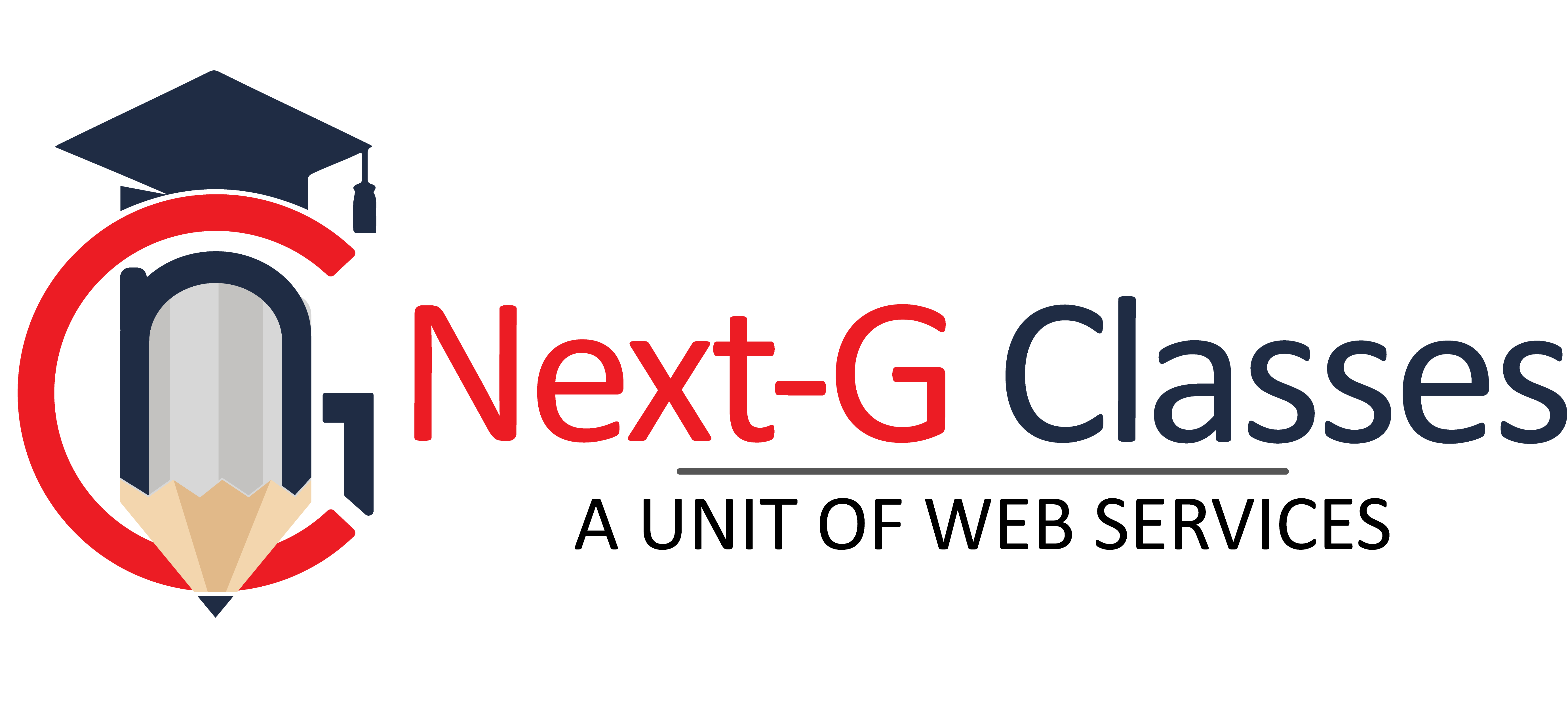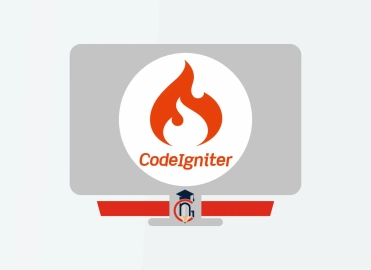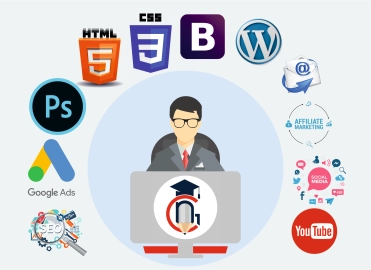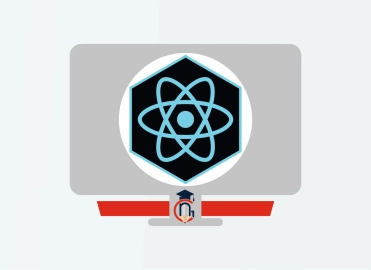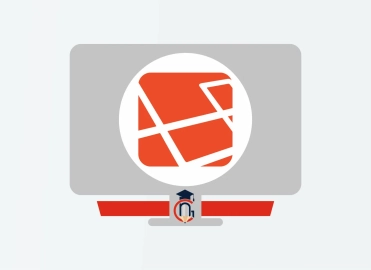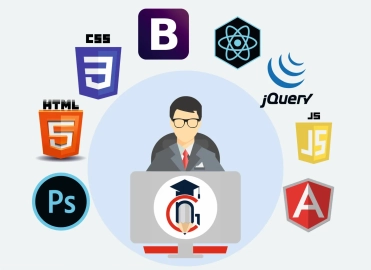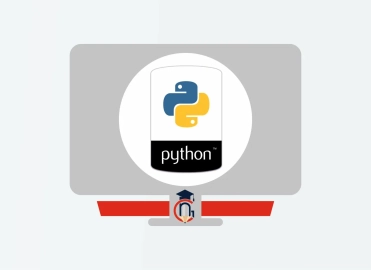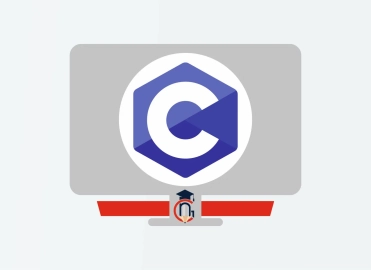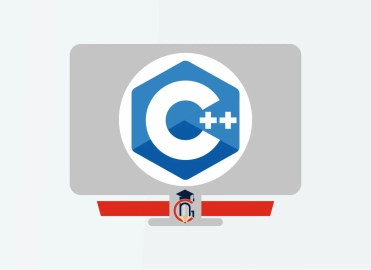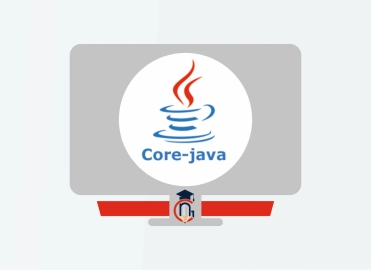Python
| Training Mode | Regular | Fastrack | Crash |
|---|---|---|---|
| Classroom | Online | 30 Days (M,W,F or T,T,S Class) (3 Class in a week) |
15 Days (Monday to Friday Class) (5 Class in a week) |
10 Days (Monday to Friday Class) (5 Class in a week 1:30 hour duration) |
Python is one of the most famous programming languages globally and one of the best tools to learn these days. So that to take the programming skill to the next level and grab a well-paid job. This Python course is designed for students who have never learned about python programming and even never learned any programming language. If you enrol in this course, you will discover several crucial aspects of the world's most readable programming language from beginning to end. In this course, you will learn about how to code in python and why python is used in companies like Google. With the help of this training program, you can start your career journey to be a Machine learning professional, data scientist, and artificial intelligence expert. By the end of this course, you will be confident to apply for a python programming job and crack your python programming job interview effectively. This is one of the best courses offered online and offline as well, which you can take now. You can be part of the most comprehensive and complete python programming training course and start exploring pro-level concepts. When you complete the course, you get a completion certificate and several soft skill tactics to use and implement in getting your first python programming project or job. Our expert faculty have many years of experience in teaching students like you and help hundreds of students develop their programming skills. So, take this online and offline python programming training course and start building Python programs.
Introduction to Languages
- What is Language?
- Types of languages
- Introduction to Translators
- Compiler
- Interpreter
- What is Scripting Language?
- Types of Script
- Programming Languages v/s Scripting Languages
- Difference between Scripting and Programming languages
- What is programming paradigm?
- Procedural programming paradigm
- Object Oriented Programming paradigm
- WHY PYTHON?
- History
- Features – Dynamic, Interpreted, Object oriented, Embeddable, Extensible, Large standard libraries, Free and Open source
- Why Python is General Language?
- Limitations of Python
- What is PSF?
- Python implementations
- Python applications
- Python versions
- PYTHON IN REALTIME INDUSTRY
- Difference between Python 2.x and 3.x
- Difference between Python 3.7 and 3.8
- Software Development Architectures
Python Software’s
- Python Distributions
- Download &Python Installation Process in Windows, Unix, Linux and Mac
- Online Python IDLE
- Python Real-time IDEs like Spyder, Jupyter Note Book, PyCharm, Rodeo, Visual Studio Code, ATOM, PyDevetc
- Python Language Fundamentals
Operators
- Arithmetic Operators
- Comparison Operators
- Python Assignment Operators
- Logical Operators
- Bitwise Operators
- Shift operators
- Membership Operators
- Identity Operators
- Ternary Operator
- Operator precedence
- Difference between “is” vs “==”
- Input & Output Operators
- Input
- Command-line arguments
Control Statements
- Conditional control statements
- If
- If-else
- If-elif-else
- Nested-if
- Loop control statements
- for
- while
- Nested loops
- Branching statements
- Break
- Continue
- Pass
- Return
- Case studies
Data Structures or Collections
- Introduction
- Importance of Data structures
- Applications of Data structures
- Types of Collections
- Sequence
- Strings, List, Tuple, range
- Non sequence
- Set, Frozen set, Dictionary
- Strings
- What is string
- Representation of Strings
- Processing elements using indexing
- Processing elements using Iterators
- Manipulation of String using Indexing and Slicing
- String operators
- Methods of String object
- String Formatting
- String functions
- String Immutability
- Case studies
List Collection
- What is List
- Need of List collection
- Different ways of creating List
- List comprehension
- List indices
- Processing elements of List through Indexing and Slicing
- List object methods
- List is Mutable
- Mutable and Immutable elements of List
- Nested Lists
- List_of_lists
- Hardcopy, shallowCopy and DeepCopy
- zip() in Python
- How to unzip?
- Python Arrays:
- Case studies
Tuple Collection
- What is tuple?
- Different ways of creating Tuple
- Method of Tuple object
- Tuple is Immutable
- Mutable and Immutable elements of Tuple
- Process tuple through Indexing and Slicing
- List v/s Tuple
- Case studies
Set Collection
- What is set?
- Different ways of creating set
- Difference between list and set
- Iteration Over Sets
- Accessing elements of set
- Python Set Methods
- Python Set Operations
- Union of sets
- functions and methods of set
- Python Frozen set
- Difference between set and frozenset ?
- Case study
Dictionary Collection
- What is dictionary?
- Difference between list, set and dictionary
- How to create a dictionary?
- PYTHON HASHING?
- Accessing values of dictionary
- Python Dictionary Methods
- Copying dictionary
- Updating Dictionary
- Reading keys from Dictionary
- Reading values from Dictionary
- Reading items from Dictionary
- Delete Keys from the dictionary
- Sorting the Dictionary
- Python Dictionary Functions and methods
- Dictionary comprehension
Functions
- What is Function?
- Advantages of functions
- Syntax and Writing function
- Calling or Invoking function
- Classification of Functions
- No arguments and No return values
- With arguments and No return values
- With arguments and With return values
- No arguments and With return values
- Recursion
- Python argument type functions :
- Default argument functions
- Required(Positional) arguments function
- Keyword arguments function
- Variable arguments functions
- pass’ keyword in functions
- Lambda functions/Anonymous functions
- map()
- filter()
- reduce()
- Nested functions
- Non local variables, global variables
- Closures
- Decorators
- Generators
- Iterators
- Monkey patching
Contact Us
Course Feedback
Student Projects
-
.png)
Name : Manish Bharti
Course : Web Designer
Project : Mindx
Guided By : Rajesh Sir
-

Name : Manish Bharti
Course : Web Designer
Project : Light Basket
Guided By : Rajesh Sir
-

Name : Sakesh Kumar
Course : Web Development
Project : Delhi Hospital
Guided By : Rajesh Sir
-

Name : Vikash Kumar
Course : Full Stack Developer
Project : PS Health Care
Guided By : Rajesh Sir
-

Name : Bablu Kumar
Course : Web Developer
Project : Mudra Cash for Gold
Guided By : Rajesh Sir
-

Name : Manish Bharti
Course : Web Designer
Project : vedicessentials
Guided By : Rajesh Sir
-

Name : Guddu Kumar
Course : Advance Full Stack Developer Expert
Project : MPSswitches
Guided By : Rajesh Sir
-

Name : Guddu Kumar
Course : Advance Full Stack Developer Expert
Project : Palco
Guided By : Rajesh Sir
